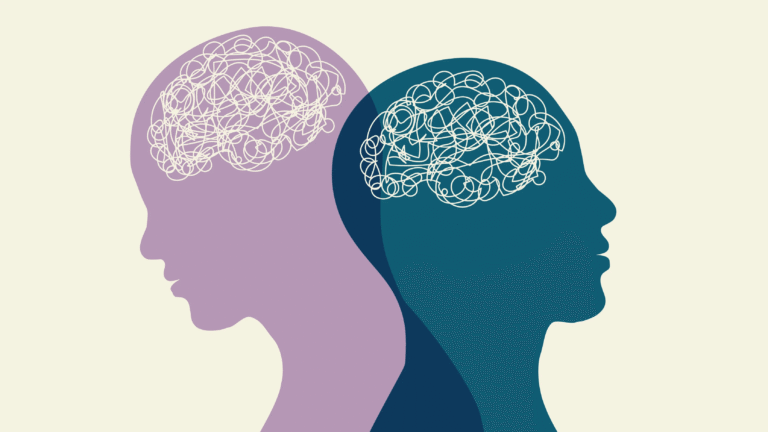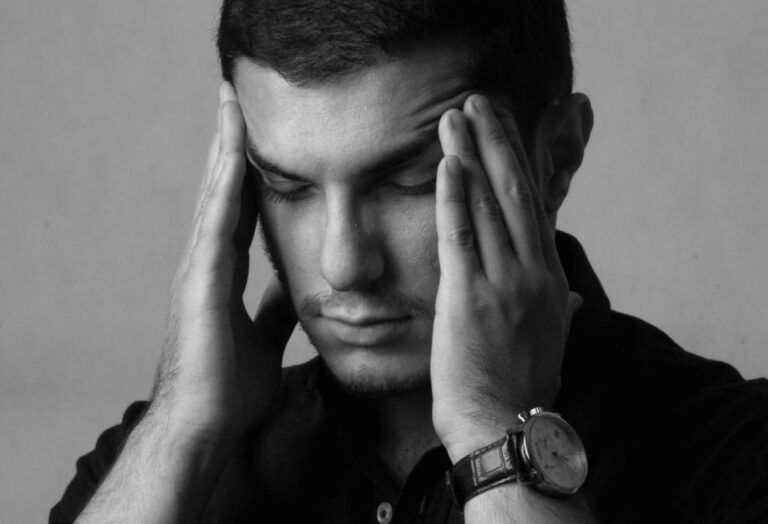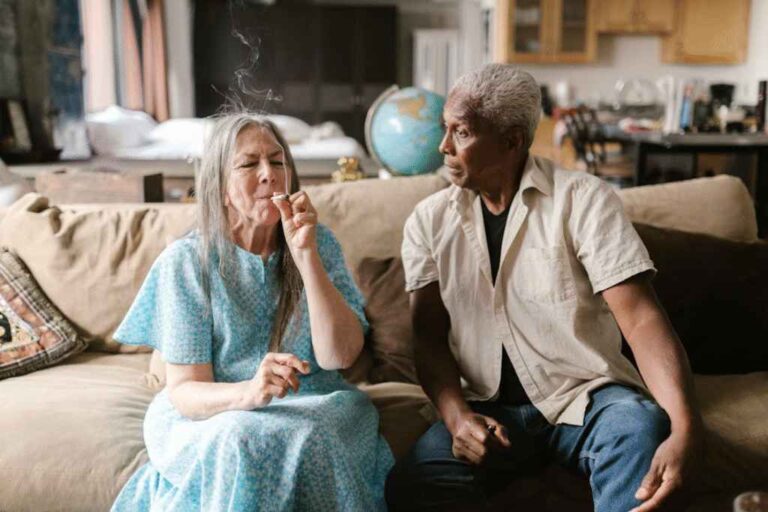Exploring the Intersection of Positive Thinking and Addiction Recovery
Positive thinking can make a real difference during recovery from addiction, forming a strong base for better mental and emotional health. With this mindset, stressful moments and anxiety—the usual triggers for relapse—become much more manageable.
When someone adopts a positive outlook, they build up resilience and are better prepared to handle cravings or slip-ups. This frame of mind clears the way to staying sober and settling into new routines. Self-belief grows, and people start recognising just how much change they’re capable of.
Over recent years, more treatment centres and professionals have started using positive psychology in their approaches. These methods focus on helping people find their strengths and support a hopeful mental state. There are clear benefits here, like boosting self-esteem, sharpening thinking, and building confidence around making decisions.
In recovery, positive psychology can help people develop healthy ways to cope and create a circle of supportive people around them. By keeping the focus on what’s going well, people learn to make choices that match their goals. This mindset makes it easier to get involved in the process and increases the odds of sticking with recovery for the long run.
Understanding Positive Thinking and Its Importance in Recovery
Positive thinking is about keeping an optimistic outlook, looking for what could go right, and focusing your attention on good things instead of falling into negativity. When you’re recovering from addiction, this mindset can make an enormous difference to how you experience every stage of the journey.
Seeing things through a positive lens means that everyday stress and anxiety become less likely to derail your progress. Many people find that positive thinking gives them the strength to deal with cravings and setbacks. It also brings a sense of direction, helping you focus on why you’re choosing sobriety in the first place.
The effects shape your mental health, too. A more positive attitude can lift your self-esteem and clear your mind, making it easier to make choices that support your goals. This way of thinking also helps you handle difficult emotions in a healthier way, so you don’t automatically turn to substances to cope.
Read more here: Self-Esteem
Staying optimistic makes it simpler to connect with supportive people, which is vital for lasting recovery. Motivation flourishes when you can see the potential for things to improve, even on the harder days. It’s easier to bounce back from mistakes if you treat each one as a lesson rather than a dead end.
Techniques such as practising gratitude, mindfulness, or spending more time around uplifting influences can all support this mindset. These habits contribute to better sleep, lower stress, and stronger overall health, giving your recovery journey even more of a boost.
Comparing Positive Thinking with Traditional Addiction Treatment Approaches
Most traditional addiction treatments focus on symptom control, treating addiction as something that needs to be kept in check long-term. The classic approach is usually about breaking negative patterns and reducing the chances of slipping up, with tools like detox, medication, and therapy aimed at dealing with the underlying illness.
While these methods can be effective, they often put all the emphasis on reducing harm and keeping things stable, rather than on helping people grow or find satisfaction in their lives.
Positive psychology offers a refreshing alternative. Here, the attention shifts from simply dealing with symptoms to helping people imagine and build a life beyond addiction. This approach is all about using your own strengths and building qualities like optimism, resilience, and hope.
Techniques such as gratitude journaling, setting clear goals, and practising mindfulness become practical tools for boosting self-esteem and supporting a brighter outlook. These habits not only make day-to-day recovery smoother, but they also set the stage for stronger resilience and a renewed sense of purpose.
With positive psychology, recovery becomes more than just avoiding a relapse—it’s about finding joy and direction, and building supportive connections. As people discover what they’re good at and learn to trust themselves, they grow more confident in handling challenges and staying substance-free.
This shift in approach helps develop the skills and motivation needed to stay on track long term, making recovery feel more hopeful and achievable.
The Influence of Positivity on the Recovery Journey
A positive attitude is invaluable when facing the challenges of addiction recovery. When people focus on optimism, they’re better equipped to bounce back from setbacks and keep sight of hope, especially when things get tough.
Building a habit of recognising positive moments helps develop a mental toughness, so cravings or stressful situations lose some of their power. This type of mental strength acts as a shield, giving people a way to respond calmly and thoughtfully instead of falling back into old, unhealthy habits.
Research shows that people who actively encourage positivity in their lives often make clearer decisions and find it easier to manage stress. By filling everyday life with gratitude, optimism, or small moments of joy, the risk of relapse drops. Managing stress becomes less of a problem, which gives space for better choices during high-pressure times.
Resilience has a huge influence on recovery too. It gives people the ability to handle life’s rough patches without feeling like they have to turn to substances again. At the same time, hope makes it possible to picture and work towards a future that’s free from addiction, maintaining motivation even on the hardest days.
As positive emotions, resilience, and hope work together, they create an environment where staying sober feels not only possible but realistic. This combination leads to better mental health overall and helps support lasting change.
Practical Techniques for Cultivating Positive Thinking in Recovery
Gratitude, mindfulness, and physical activity are all down-to-earth ways to build a more positive mindset during recovery. Something as simple as writing in a gratitude journal each day encourages people to notice what’s good in their lives, helping them move focus away from what’s missing. Over time, this shift can make optimism feel more natural, lift mood, and help calm daily stresses.
Mindfulness, whether it’s through breathing exercises or meditation, brings real benefits. These practices encourage you to stay rooted in the present so that worries about the past or future don’t take over. They also make it easier to respond to difficult emotions with a bit more calm, which is a useful skill for avoiding relapse.
Exercise has its own important role here. Gentle walks, yoga, or even a bit of stretching boosts endorphins, so your mood gets a lift, and stress has less impact. A regular routine also gives a sense of achievement and helps distract from cravings or unhelpful thinking.
When these habits are brought together, the benefits add up. Gratitude tends to improve relationships as people become more appreciative of support around them. Mindfulness enables more genuine connections during conversations. On top of that, taking part in group exercise or activities builds a shared purpose and brings people together, which is vital for staying supported while recovering.
Making these practices part of daily life helps maintain a steadier, more positive mindset, so you’re better equipped all round for the ups and downs of recovery.
Empirical Evidence Supporting Positive Psychology in Addiction Recovery
Research strongly supports including positive psychology in addiction recovery programmes. A thorough review covering nine studies found that programmes using this approach helped people across a range of addictions. The findings were clear: focusing on personal strengths, experiencing more positive emotions, and practising gratitude all improve psychological well-being while lowering the chances of slipping back into old habits.
Participants who took part in these interventions often said they felt more hopeful, happier, and better about their lives overall. These shifts lay the groundwork for greater resilience and help people cope more effectively with the ups and downs that recovery can bring. Practical tools such as gratitude journaling, picturing a better future, and using character strengths gave individuals a genuine boost in optimism and provided valuable ways to manage stress.
Social support groups, such as Alcoholics Anonymous, played a big part in these outcomes. People involved in these groups reported higher happiness, a stronger sense of purpose, and a brighter outlook, all of which point to the value of positive psychology techniques in real-life settings. Gratitude exercises and reflecting on strengths often went hand in hand with fewer cravings and improved ability to deal with stressful moments.
Traditional treatments often focus on cutting out negative behaviours, but positive psychology takes things a step further by increasing people’s enthusiasm and drive during recovery. There’s promising evidence that practical positive psychology tools, like writing gratitude lists or setting meaningful goals, fit well within other treatment plans. These combined approaches are showing improvements in long-term sobriety and general well-being for many people, highlighting just how life-changing a positive approach to recovery can be.
How Positive Thinking Shapes Life Beyond Addiction
Positive thinking can be a real game changer during recovery. When someone works on being more optimistic, they notice huge improvements in their mental and emotional health—both of which are vital for staying on track. Keeping a hopeful outlook makes it easier to deal with stress and anxiety, some of the main things that can tip people back into old habits. It also gives people a better shot at handling cravings and setbacks, laying down a much steadier foundation for long-term sobriety.
Building up this way of thinking isn’t something you achieve once and tick off the list. It’s more about a daily commitment. Simple tools like daily affirmations, jotting down what you’re grateful for, mindfulness, and staying connected with positive people can work wonders over time. Bringing these practices into everyday life is a key part of changing your mindset about addiction recovery, helping to keep recovery healthy and moving forward.
These small routines spark improvements in self-esteem, encourage better decisions, and build motivation for life without substances. The ongoing use of positive psychology helps with setting and reaching recovery goals, which naturally creates a cycle where progress boosts confidence and each step forward feels more rewarding.
It’s important to challenge negative beliefs as they crop up, since getting stuck in unhelpful thought patterns can make recovery much tougher. Taking the time to spot and address these thoughts makes it easier to keep making progress. Positive psychology also makes it much easier to lean on support networks, reach out for help if needed, and put optimism to work throughout the recovery process.










